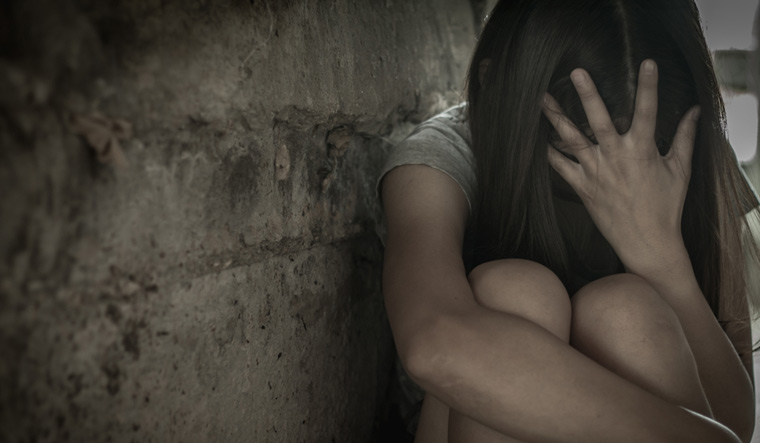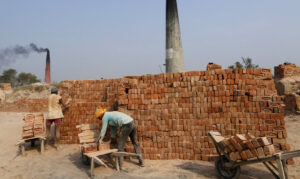275 Cases Of Rape In Custody Registered From 2017-22: NCRB Data

There is a complex interplay of factors contributing to custodial rape, including patriarchal social norms, inadequate gender-sensitivity training for law enforcement and stigma surrounding victims
From 2017 till 2022, more than 270 cases of rape in custody were registered, according to NCRB data, with women rights activists attributing such instances to lack of sensitisation and accountability within law enforcement systems.
Among the offenders are police personnel, public servants, members of the armed forces and staff of jails, remand homes, places of custody and hospitals, according to the data of the National Crime Records Bureau (NCRB).
Indian Penal Code 376 (2) pertains to the offense of rape committed by a police officer, jailer or any other person who has the lawful custody of a woman. This is the section under which cases of custodial rape are registered. It specifically deals with cases in which the perpetrator takes advantage of their position of authority or custody to commit the crime of rape against a woman.
Since 2017, 275 cases of custodial rape have been registered. Among these, Uttar Pradesh accounts for the highest number of cases at 92, followed by Madhya Pradesh at 43 cases.
According to Poonam Muttreja, executive director, Population Foundation of India, “Custodial settings provide unique opportunities for abuse, with state agents often using their power to force or coerce sexual access.”
She added, “There are instances where women taken into custody for their protection or due to their vulnerable status, such as victims of trafficking or domestic violence, are subjected to sexual violence, reflecting a misuse of power under the guise of state protection.”
There is a complex interplay of factors contributing to custodial rape, including patriarchal social norms, inadequate gender-sensitivity training for law enforcement and stigma surrounding victims, Muttreja highlighted.
Stressing on the urgent need for a victim-centric approach, strengthened legal frameworks and institutional reforms to address the root causes and consequences of custodial rape effectively, Muttreja said, “The reported cases of custodial rape are often a manifestation of power imbalances and a lack of accountability within our law enforcement systems.”
Muttreja said such rape causes include abuse of power by authorities, patriarchal social norms, lack of gender-sensitivity training for police and societal stigma attached to victims. She added, “These elements contribute to an environment where such heinous crimes can occur and, in many cases, go unreported or unaddressed.”
To address the root causes and consequences of custodial rape effectively, the government must take a multi-faceted approach, she said. “This should include legal reform, better training for law enforcement, social and behaviour change communication to change social norms and stronger mechanisms for accountability. Additionally, fostering partnerships with NGOs, civil society and community groups can help in creating a more inclusive and informed response to this grave situation,” Muttreja said.
Meanwhile, Pallabi Ghosh, reflecting on her experiences as a Nguvu Change Leader from women’s leadership organisation Nguvu collective undertaking rescue operations, shared troubling accounts of survivors alleging rape by police officers.
Highlighting “the pervasive culture of impunity and victim-blaming within law enforcement (which) is hindering survivors from seeking justice”, Ghosh said, “Custodial rape is a very common scenario in police stations. The way the junior police officers, even lady constables talk to survivors, show that they have zero empathy for them.”
Ghosh emphasised the critical need for sensitisation and awareness among police personnel, coupled with legal mechanisms to hold perpetrators accountable and expressed frustration over the difficulty in lodging complaints for custodial violence unless survivors name perpetrators, highlighting a systemic barrier to seeking justice. She added, “Only if you convict a police officer for custodial rape, we can hope for justice.”





